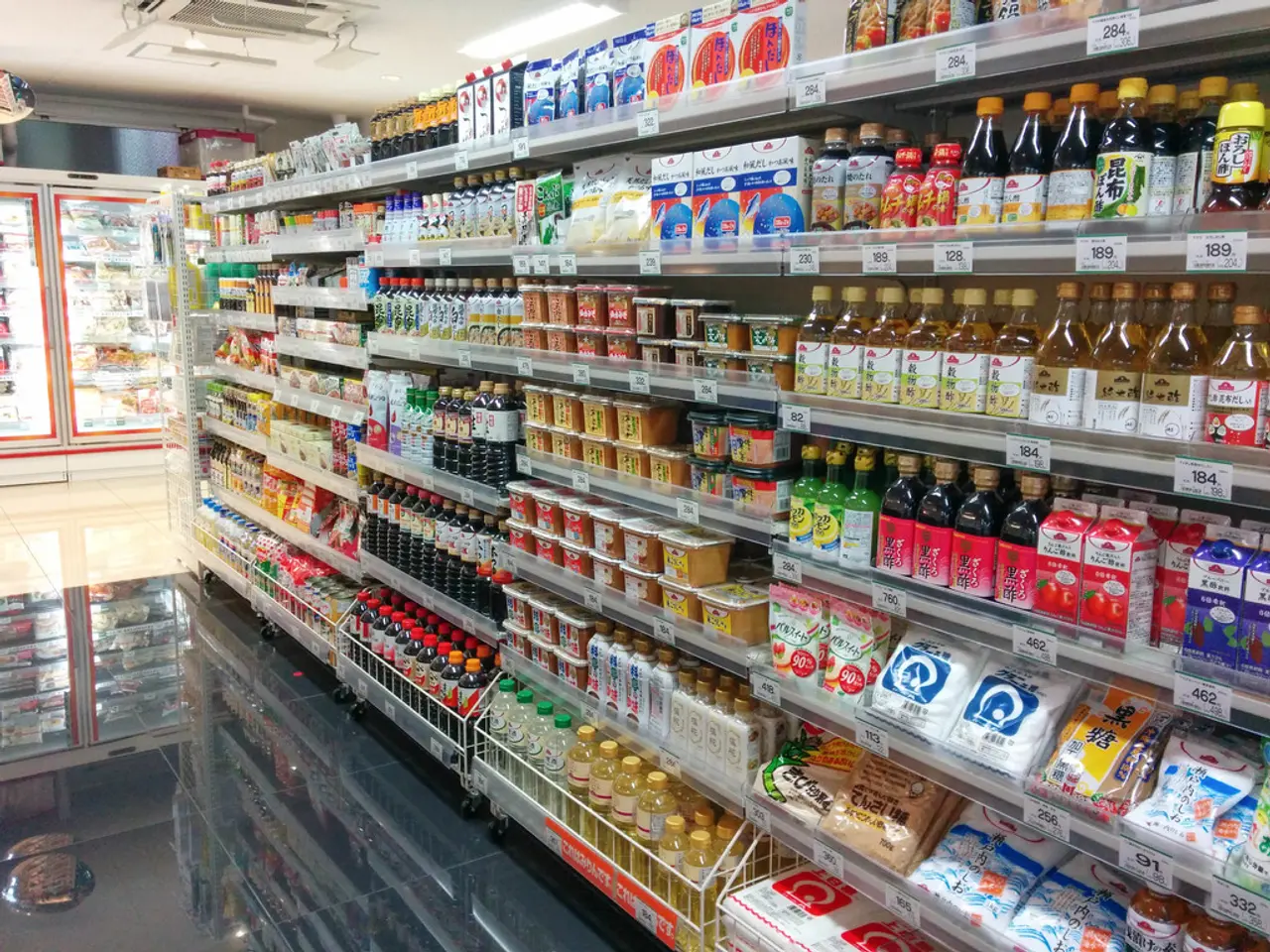Extended Submission Deadline for Comments Announced by the Commission
In a move aimed at adapting to the rapidly changing delivery market, Lieferando, Germany's leading food delivery service, has announced plans to outsource a significant portion of its delivery operations to specialized logistics firms. This decision, which could result in up to 2,000 driver job losses, representing about 20% of its workforce, is driven by a strategic shift towards greater reliance on subcontractors for last-mile delivery operations.
Lieferando's CEO, Lennard Neubauer, stated that the competitive landscape and the market are changing rapidly and profoundly, with customers increasingly expecting reliable service and shorter delivery times. In some areas, the company is unable to guarantee these expectations with its current structures.
The strategic shift is primarily motivated by the desire for operational efficiency and flexibility. By partnering with subcontractors, especially in smaller cities, Lieferando aims to improve service flexibility and potentially reduce costs. The company also cites market pressures and the need for more cost-effective and scalable delivery solutions as driving factors.
The company has already experimented with subcontracting models, notably in Berlin and Austria, where driver contracts were terminated and replaced with independent contractor agreements earlier this year. However, this move has sparked concerns among labour groups, who argue that it risks creating a "shadow fleet" of subcontractors, potentially leading to worse working conditions and less job security for drivers.
Going forward, Lieferando plans to collaborate closely with specialized logistics firms, particularly in regions where its own direct employment strategy was less efficient. In cities like Hamburg, the impact on job losses will be pronounced, while in smaller markets, deliveries will increasingly be handled by these third-party providers.
The move has sparked significant labor unrest. In Hamburg, more than 100 drivers recently staged a 36-hour strike, protesting both the job cuts and the lack of a national collective agreement amid high inflation. The NGG accuses Lieferando of using subcontracting to circumvent existing labor standards and reduce direct employment obligations.
In summary, Lieferando's job cuts and shift to subcontracting are a response to competitive pressures, operational challenges, and a desire for greater flexibility. However, these changes are provoking strong opposition from labor groups concerned about job security and working conditions in the evolving gig economy landscape.
References: [1] The New York Times. (2022, October 12). Lieferando to Cut Up to 2,000 Jobs in Germany. Retrieved from https://www.nytimes.com/2022/10/12/business/lieferando-job-cuts.html [2] Reuters. (2022, October 12). Lieferando to Outsource Deliveries to Subcontractors, Cut 2,000 Jobs. Retrieved from https://www.reuters.com/business/retail-consumer/lieferando-to-outsource-deliveries-subcontractors-cut-2000-jobs-2022-10-12/ [3] Deutsche Welle. (2022, October 13). Lieferando Job Cuts Spark Protests Amid Fears of Worsening Working Conditions. Retrieved from https://www.dw.com/en/lieferando-job-cuts-spark-protests-amid-fears-of-worsening-working-conditions/a-63186475 [4] Bloomberg. (2022, October 12). Lieferando to Cut 2,000 Jobs as it Shifts to Subcontracting Model. Retrieved from https://www.bloomberg.com/news/articles/2022-10-12/lieferando-to-cut-2-000-jobs-as-it-shifts-to-subcontracting-model [5] Financial Times. (2022, October 12). Lieferando to Cut 2,000 Jobs as it Outsources Deliveries. Retrieved from https://www.ft.com/content/71d62b8a-280d-43a5-88c6-67d788d92a48
In response to the evolving competitive landscape and customer demands, Lieferando's CEO, Lennard Neubauer, intends to enhance service flexibility and potentially reduce costs by collaborating with subcontractors in retail and logistics industries, particularly in the finance sector, as part of the company's strategic shift in business operations. The success of this model, as demonstrated in Berlin and Austria, could lead to the implementation of similar arrangements in other cities, such as Hamburg, and potentially reshape the history of the food delivery industry.




